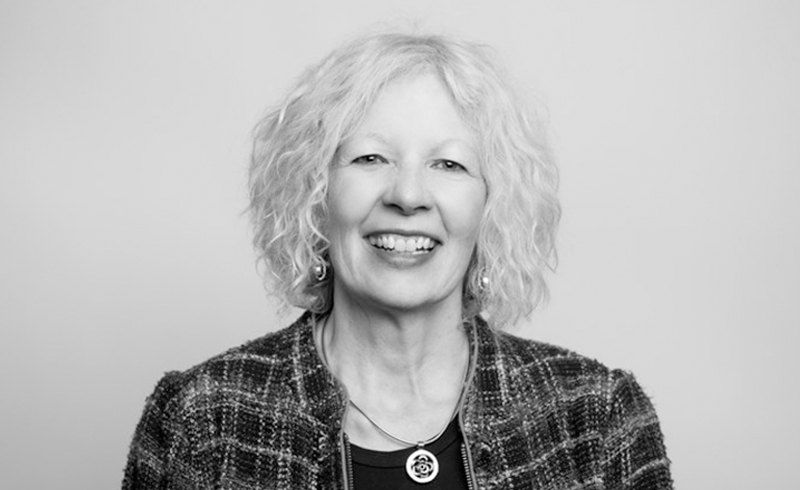Pharmac keeps blanket funding for childhood cancer treatments
We’re pleased to hear Rule 8.1b will stay in place, with much thanks to the clinicians and families who offered their voice.
More than a year after making our submission on the Pharmac review of Rule 8.1b, we’re delighted to hear Pharmac have listened to our feedback and announced on Friday 15 March that the rule will remain in place for existing and future childhood cancer treatments.
Our submission was an innovative approach on which to model future advocacy, ensuring the voices of whānau were invited and included alongside clinicians to make the case.
Rule 8.1b of the Pharmaceutical Schedule is a fundamental part of our paediatric oncology system, allowing doctors to access international best practice and standard therapeutics for those diagnosed with a childhood cancer.
Have a look at:
“The Foundation worked hard to ensure that alongside experts, the voices of families were able to be heard through accessible opportunities to offer their feedback such as video submissions, and we are extremely delighted that Pharmac has not only listened but responded in such a positive fashion” – Monica Briggs, Child Cancer Foundation CEO
Child Cancer Foundation Board Member and oncology parent Dr Kerri Morgan echoed this statement. “Many child cancer parents I have spoken with were incredibly concerned that should Rule 8.1b be removed, it would detrimentally affect the health outcomes for New Zealand children with a childhood cancer diagnosis.” Dr Morgan went on to say, “I am so relieved that Pharmac have made the decision to keep this rule. It allows doctors rapid access to the most effective and gentlest chemotherapy drugs for kids with cancer, and lets parents concentrate on looking after their sick child instead of worrying about how they are going to pay for medications.”
“Rule 8.1b is a practical, equitable and efficient mechanism to fund modern cancer medicines and facilitate clinical trials for a relatively small patient group with diverse cancers and clinical scenarios. As such, 8.1b is an essential ingredient for ensuring that survival and quality of life continue to benchmark internationally. We’re particularly grateful to whānau who had the courage to share their stories as a way to care for future children and whānau who will be afflicted by these dreadful diseases.” – Paediatric Oncologist and Researcher Dr Andy Wood
8.1b is part of a complex interrelated model of care which also includes clinical trials and access to drugs that would not otherwise be available in New Zealand. Most cancer drug treatments are designed for adults, not children. This requires our dedicated health professionals to use their expertise to plan and deliver treatment solutions which would not otherwise be available if the rule did not exist.
This is a sensible policy outcome. Elimination of the rule would have detrimentally impacted New Zealand’s childhood cancer model of care and disproportionately affected Māori and Pacific tamariki and those children from lower income backgrounds.
Both Dr Morgan and Ms Briggs expressed their understanding of the complexity and difficult choices that Pharmac must make and went on to commend them for listening to both experts and families.
“This is going to be a huge relief to many parents now, and many parents in the future. We believe this clinician-led approach to treatment and system-wide approach that our stakeholders have advocated for has led to this positive review outcome. Pharmac’s own report on the consultation indicated that nearly all submitters wanted the status quo to remain or be extended to cover other childhood diseases, and they have responded to keeping the status quo which is fantastic for New Zealand children who have the devastating news of a cancer diagnosis.” – Monica Briggs


